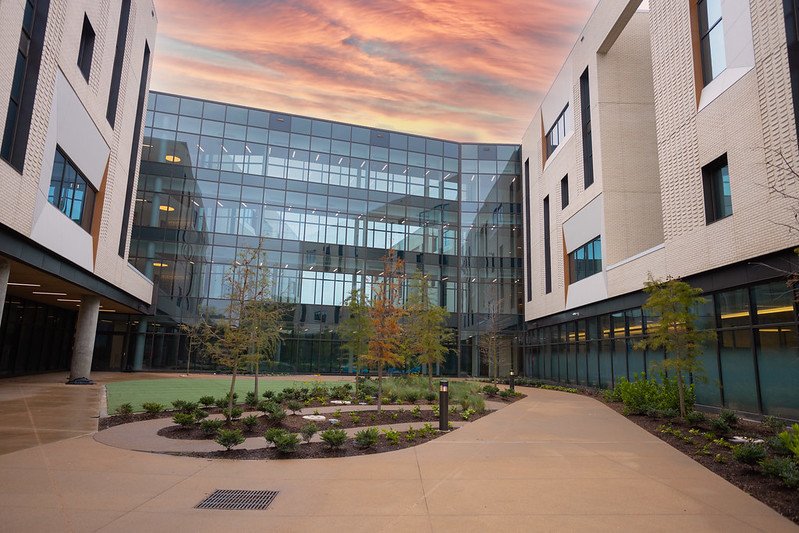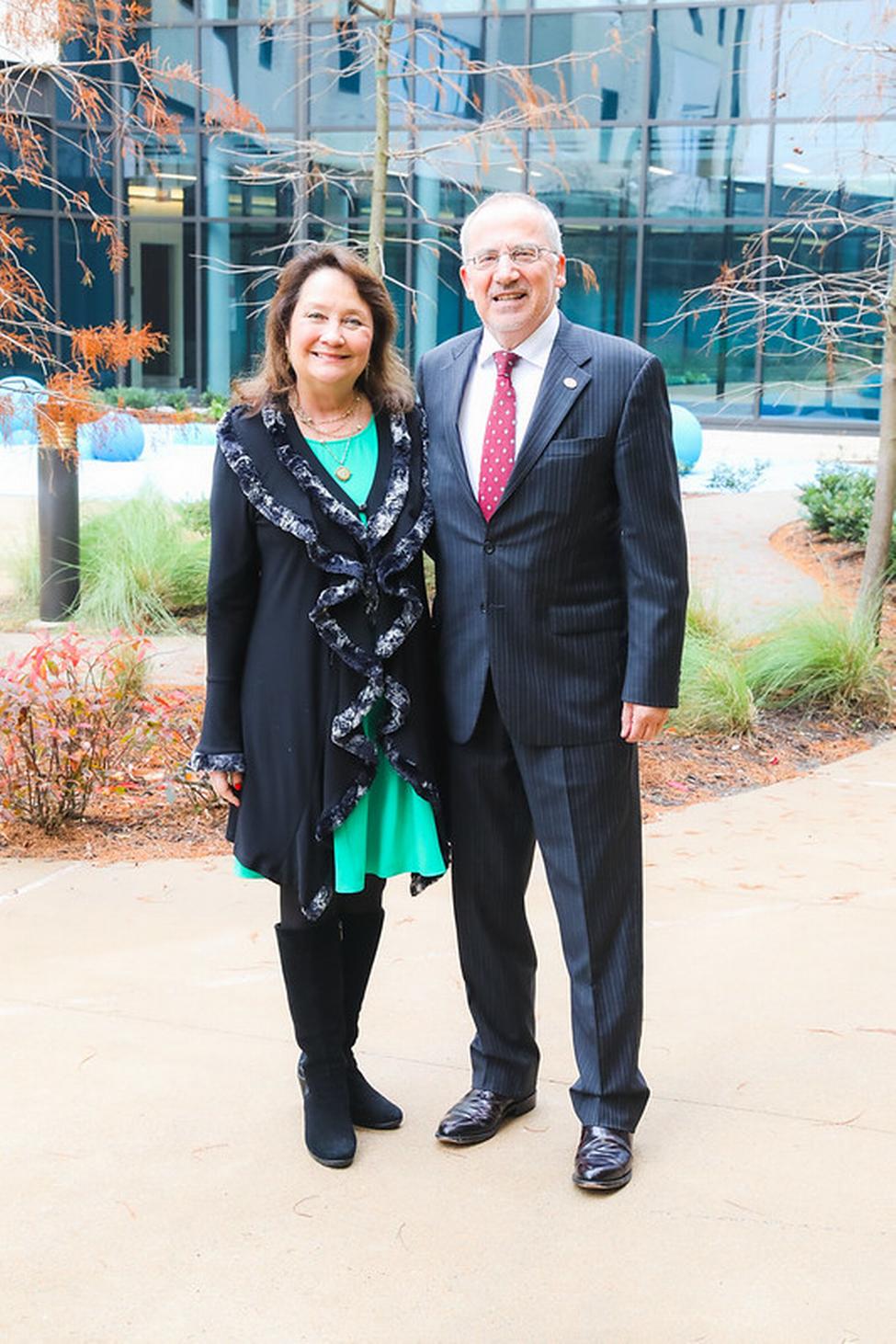New UTHealth Houston school to train behavioral health workers receives approval from UT System, state


The new UTHealth Houston School of Behavioral Health Sciences has been approved by the Texas Higher Education Coordinating Board and unanimously by The University of Texas System Board of Regents, moving the university closer to establishing a seventh school.
“This new school will allow us to fill a critical mental health care workforce gap in Texas by leveraging the largest academic behavioral health campus in the country. We have the faculty, staff, discovery research, inpatient facilities, and outpatient clinics to train new generations of mental health care providers for Texans,” said Jair Soares, MD, PhD, UTHealth Houston vice president of behavioral sciences, professor, and the Pat R. Rutherford, Jr. Chair in Psychiatry.
A priority for the Legislature this session is to increase mental health care access across the state, and mental health workforce development is a major component of those efforts. UTHealth Houston has submitted a legislative appropriations request to the Texas Legislature for $10.5 million per year for FY24-25. Funding will support the launch of the new school, recruit necessary faculty and staff, and keep tuition low for students. With estimates of 1 in 5 people, including children, living with a mental illness, the new school will help meet Texas’ mental health provider shortage and create a robust pipeline of diverse mental health care providers. Plans are to offer more than 35 degree or certificate programs for mental health professionals within the next 10 years.
“With a third of all state behavioral health hospital beds closed due to staffing shortages and 84% of Texas counties lacking a single practicing child psychiatrist, the need for this school to produce that needed workforce for the state is quite apparent,” said John Zerwas, MD, executive vice chancellor of The University of Texas System.
The school plans to concentrate on degrees not currently offered at the university, such as advanced clinical psychology degrees, and certificate programs for psychiatry technicians, community health workers, and licensed chemical dependency counselors. Plans also include dual degrees with Cizik School of Nursing at UTHealth Houston, McGovern Medical School, UTHealth Houston School of Public Health, regional universities, and community colleges. The school also will be able to offer hybrid learning options through remote learning, expanding education opportunities for students.
UTHealth Houston provides the clinical training hours for thousands of students through its behavioral health campus that includes the John S. Dunn Behavioral Sciences Center and UTHealth Houston Harris County Psychiatric Center (HCPC), as well as nearly 37 community clinics. A total of 34 schools – state, national, and international – currently send students to UTHealth Houston’s behavioral health campus for additional clinical training and preceptorships. Training programs include medical residencies and fellowships, nursing, psychology, pharmacy, social work, and postdoctoral research. As part of the programs, the university plans to offer placement for clinical training and preceptorships to enrolled students.
The school anticipates providing dual degrees, such as MD/PhD and MD/MS degrees, to students. UTHealth Houston will seek to collaborate with other universities to offer 4+1 programs that allow students to obtain a dual BS/MS in five years, and work with community colleges to provide certification programs for those students who are obtaining an associate’s degree in specialties such as psychiatry technician.
The Dunn Behavioral Sciences Center, which opened last March with strong legislative support, will include 264 beds when all 11 units are open by the end of 2023, while UTHealth Houston HCPC has 274 beds. Combined, the hospitals make up the largest academic behavioral health complex in the country.
UTHealth Houston, which has one of the largest academic psychiatric faculty in the state, has integrated behavioral health services into primary care and multispecialty UT Physicians and Harris Health clinics across the city, including medically underserved areas. New programs will be available to physicians who work in a primary care setting and want to learn how to manage behavioral health concerns for their patients.
The university is also a major participant in the Texas Child Mental Health Care Consortium, including providing telehealth visits for 32 independent school districts for the Texas Child Health Access Through Telemedicine program, and 671 enrolled primary and pediatric care providers through the Child Psychiatry Access Network. UTHealth Houston also provides inpatient telehealth services to 15 hospitals statewide, and outpatient services to five local mental health authorities across Texas.